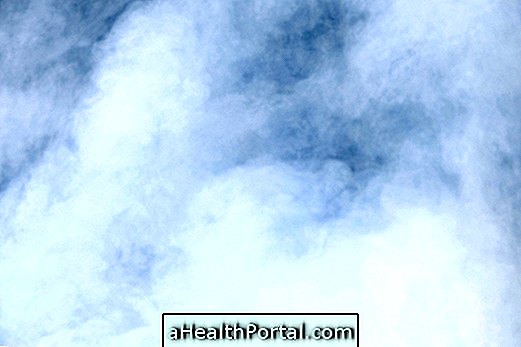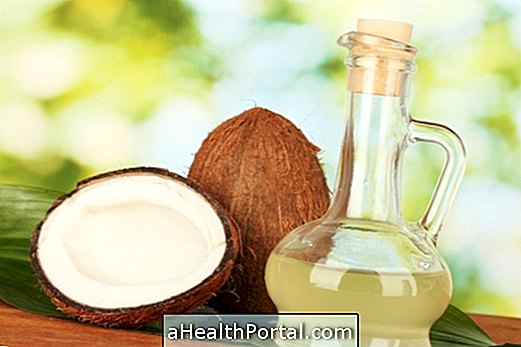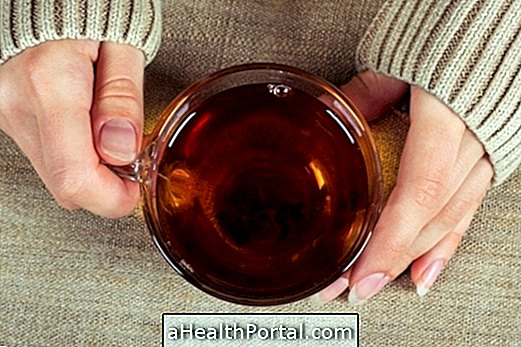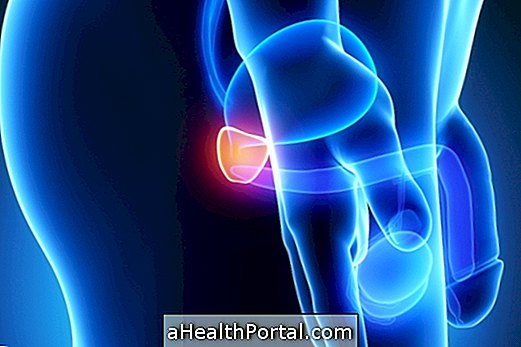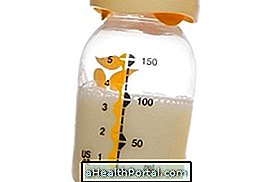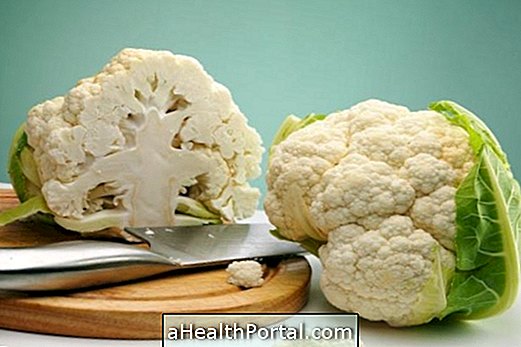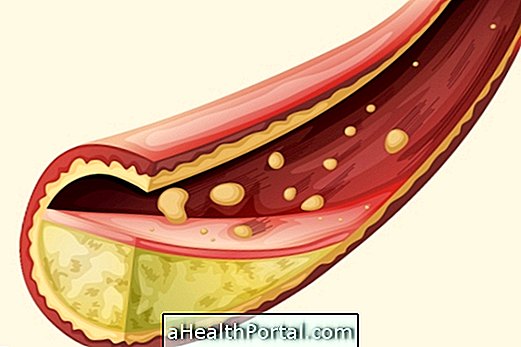The use of phenylalanine in pregnancy is harmful to the baby and can cause irreversible damage to the central nervous system, which can only happen in the case of women born with phenylketonuria.
In women who have developed maternal phenylketonuria, tests should be performed to evaluate the concentration of phenylalanine in the bloodstream weekly during pregnancy until it completes 12 weeks within the ideal values and from there it can be done every 15 days.
The consumption of phenylalanine during gestation should vary between 10 and 30 mg / kg of body weight per day. Phenylalanine values in the bloodstream should be equal to or less than 4mg / dl.
Foods containing phenylalanine
Some examples of foods that contain phenylalanine are:
- meats, milk and dairy products, eggs, some types of beans, corn, chickpeas,
- peanuts, lentils, wheat flour, oats, sweeteners and diet products based on aspartame
As practically all foods have phenylalanine in its composition, the phenylketonúricas should be directed by a nutritionist to follow the diet correctly and thus be able to supply all the nutritional needs.
Learn how it is possible to control maternal phenylketonuria.
High levels of phenylalanine in pregnancy can lead to problems such as miscarriage; microcephaly; mental retardation; low IQ; low birth weight and heart disease in the baby.
See how you should feed yourself to control the levels of phenylketonuria in Diet for phenylketonuria.







